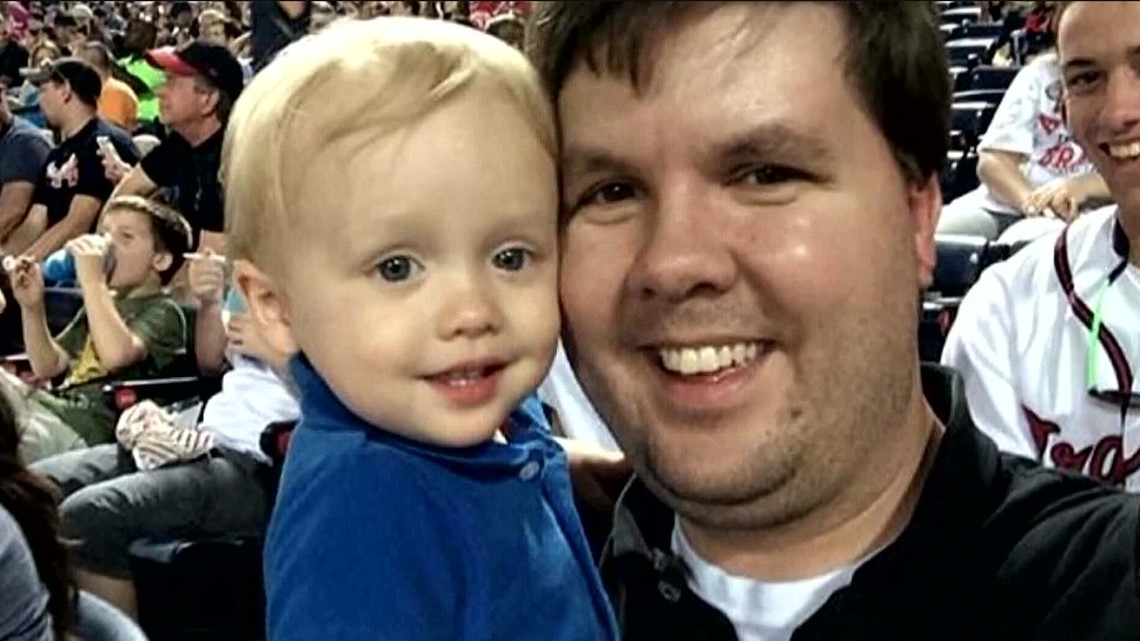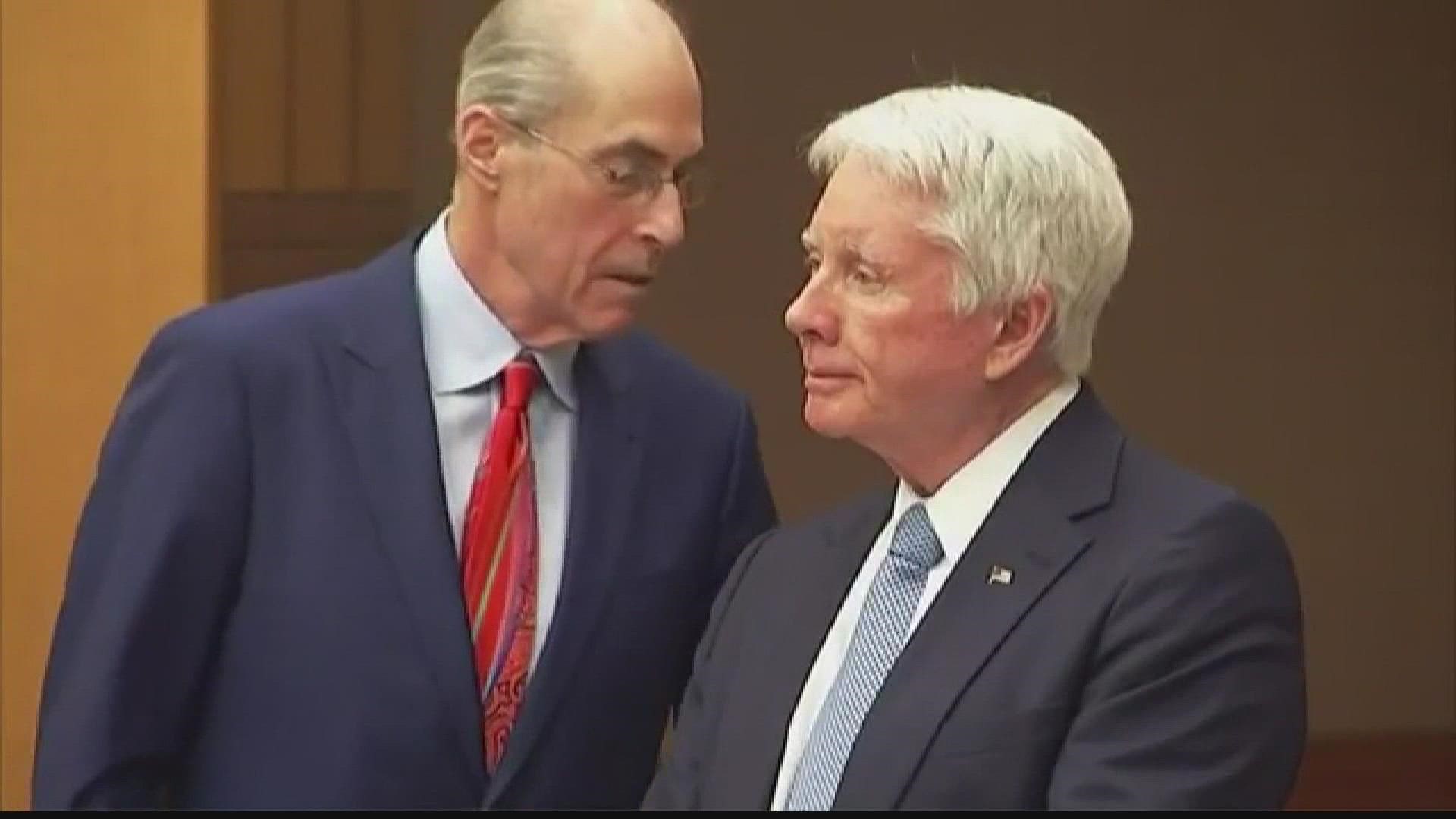ATLANTA — Two prominent rulings on murder trials were overturned by the Georgia Supreme Court during their June session.
The latest was on Thursday when they reversed Attorney Claud Lee “Tex” McIver III’s conviction for the shooting death of his wife in 2016. Earlier in the month, the court overturned the ruling for Justin Ross Harris in the hot car death of his son.
RELATED: Attorney Tex McIver's murder conviction for killing his wife overturned by Ga. Supreme Court
Here's an overview of both cases and the Supreme Court's decisions.
Why was Claud Lee “Tex” McIver III's case overturned?
The Court said the jury should have had the option to consider a lesser charge of involuntary manslaughter in McIver's case.
McIver was convicted and given a life sentence in 2018 after shooting his wife on September 25, 2016. Attorneys argued that it was unintentional, a statement McIver often echoed.
Diane McIver and Tex were riding in an SUV down Piedmont Road when he discharged his gun in September 2016. She died after being shot in the back while in the car's passenger seat. Evidence shows that Tex McIver was riding behind her and had a loaded revolver in his lap.
Prosecutors also argued during the initial trial that Tex was in debt and had taken a $350,000 loan from one of Diane's companies, and was struggling to pay it off. He was also found guilty of witness influencing due to his interaction with a family friend.
However, the state Supreme Court decided to reverse the felony murder conviction, ultimately agreeing with McIver's attorneys.
"We conclude that the trial court erred in refusing McIver’s request to charge on the lesser grade of involuntary manslaughter, because the charge was authorized by law and some evidence supported the giving of the charge. We further conclude that the failure to give the charge was not harmless error, because we cannot say that it is highly probable that this error did not contribute to the jury’s verdicts," the opinion reads.


Defense Attorney Amanda Clark Palmer said she's thrilled over the Supreme Court's decision.
"We have felt since we first got in this case very strongly that Tex is absolutely innocent of everything he was charged with. He loved his wife. He did not mean to hurt her. And he's not a murderer. So just thrilled with the Supreme Court's decision today," Palmer said.
They plan on filing a motion for bond.
Clint Rucker tried the case for the Fulton County District Attorney's Office, but has since left to go into private practice. He said wants to go through the entire decision before giving a response.
RELATED: Testimony: McIver's ranch was collateral for $350,000 loan to Tex from one of Diane's companies
Why was Justin Ross Harris' case overturned?
Ross Harris' case was overturned on June 22 ultimately because the jury “heard and saw an extensive amount of improperly admitted evidence.”
The previous ruling said that he forgot his son, Cooper, in the car on purpose after information surfaced that he was having inappropriate conversations with underage girls. He faced life in prison without parole.
Cooper was 22 months old when he died of hyperthermia, sitting on the back seat of Ross Harris' SUV parked outside his workplace office. He was left in a rear-facing car seat.
"The defense theory was that Appellant was a loving father who had never mistreated Cooper and simply but tragically forgot that he had not dropped off the child on that particular morning. During Appellant’s trial, substantial evidence was presented to support both theories,” Chief Justice Nahmias writes.


Georgia's Supreme Court ultimately decided to overturn this case because they felt it should have been tried in two. They said the information related to sex crimes against a 16-year-old was irrelevant to the murder charge and should not have been presented in the same trial.
The lead prosecutor in the murder case said he has no regrets even after the state's highest court overturned Harris' murder conviction.
"We feel good about the evidence we presented at trial, we follow the evidence where it takes us, that's what we do in homicide investigations and prosecutions, and we felt confident, we thought we could put our best foot forward and we believe that we did," Jesse Evans said. "We believe that at the trial level we obtained justice for Cooper."
The parts of his conviction related to sex crimes against a 16-year-old girl - which was used at trial as evidence against him in support of the murder charge - were upheld, and he will remain in prison.

